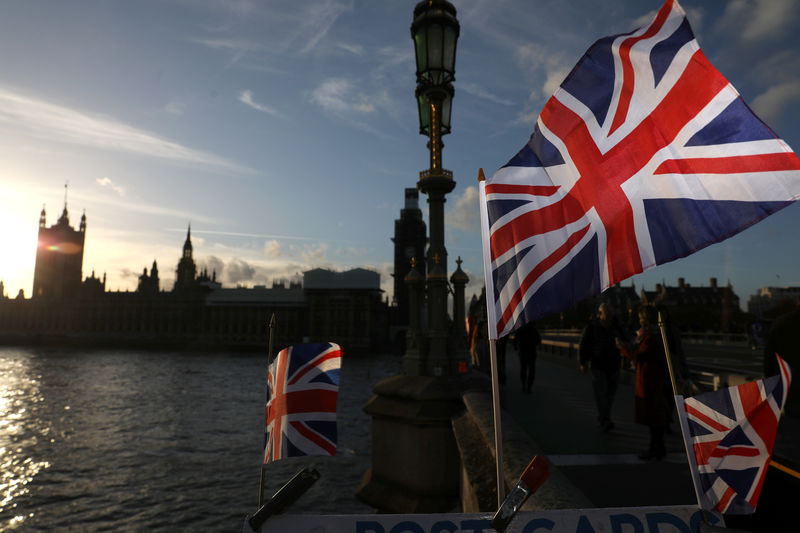By Geoffrey Smith
Investing.com -- U.K. stocks dodged a bullet Wednesday, as a dump of economic data added little to recent impressions of a broad economic slowdown.
Figures from the Office for National Statistics showed that gross domestic product bounced back in May by 0.3%, after a sharp fall in April. The rebound was driven mainly by auto production: the country’s carmakers had moved up their usual annual maintenance periods to April in order to avoid over-producing in a month that was expected to be the first after the U.K. had left the European Union.
Rob Kent-Smith, head of GDP at the ONS, noted that the rebound in car production was only “partial”. Manufacturing output rose 1.4% in May, having fallen 4.2% a month earlier.
The ONS said that GDP may still decline on a quarterly basis, unless the expansion continues in June. Business surveys for June suggest that’s unlikely, given that the manufacturing and construction PMIs both fell further into contraction territory, while the services PMI only remained a whisker above the 50 level that separates growth from contraction.
“There has been a longer-term slowdown in the often-dominant services sector since summer 2018,” Kent-Smith said.
The services sector took a blow this week with the loss of thousands of jobs at Deutsche Bank's U.K. operations, a development driven largely by factors other than Brexit.
The FTSE 100 was down 0.2% by 04:45 AM ET (0845), as was the broader FTSE 250. The benchmark Stoxx 600 was also down 0.2%, with traders trimming positions ahead of key testimony from Federal Reserve Chairman Jerome Powell at 10 AM ET (1400 GMT).
Economists are still cautious on the outlook for the U.K. for the next six months.
“(Any) Growth will continue to be choppy through the rest of the year with inventories likely to be built up again ahead of a possible no deal Oct. 31 EU exit, before being unwound as the can is likely kicked down the road yet again,” ING’s chief international economist James Knightley said via Twitter. “Bad news for business (and) consumer confidence.”
In a televised debate on Tuesday evening, the two men vying to be the U.K.’s next Prime Minister had both claimed to be “confident” about leaving the EU on Oct. 31, although the bookmakers’ favorite Boris Johnson, who has affected a harder line on Brexit than his rival Jeremy Hunt, refused to say categorically whether he would resign as Prime Minister if that didn’t happen – implicitly giving him the wiggle room to postpone Brexit again.
